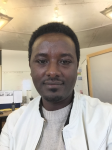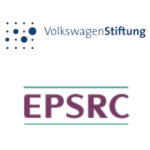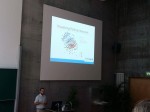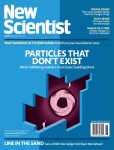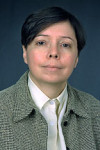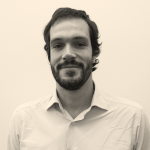
We are delighted to welcome Brian Plüss to the ARG-tech team. Brian joins us as Postdoctoral Research Associate to take part in the Augmented Deliberative Democracy (ADD-up) project. Funded by the Volkswagen Foundation, between 2017 and 2020, Brian will combine argumentation mining, analyses and visualisations to augment complex public deliberations in real time, working in collaboration with researchers in linguistics and political communication from the University of Konstanz and the University of Goettingen, Germany.
Before joining ARG-tech, Brian was Research Associate at The Open University’s Knowledge Media Institute, working in the EPSRC-funded Election Debate Visualisation project, in collaboration with researchers in Political Communication and Design from the University of Leeds. Brian has a PhD from The Open University’s Computing and Communications Department for the thesis “A Computational Model of Non-Cooperation in Natural Language Dialogue”. In his doctoral research, he specialised in analysing and modelling non-cooperation in political interviews. Before this, he obtained a MSc in computer science at the National University of Rosario, Argentina. He has carried out research on virtual human systems at USC’s Institute for Creative Technologies in Los Angeles, California, and on software architectures and formal methods in Portugal, Argentina and Finland. From 2001 to 2004, he worked as a software engineer for ATX Software in Lisbon, Portugal.







